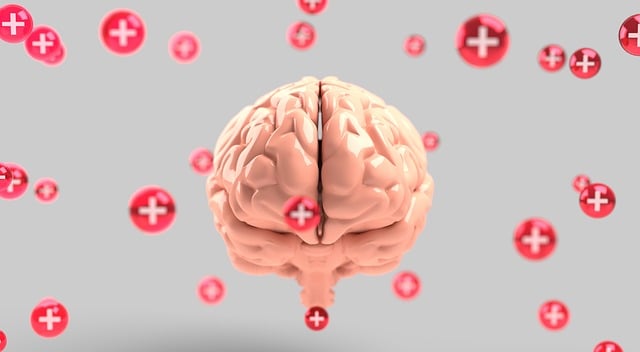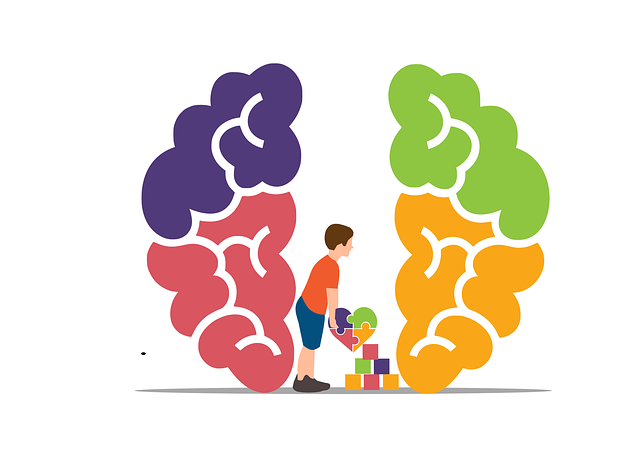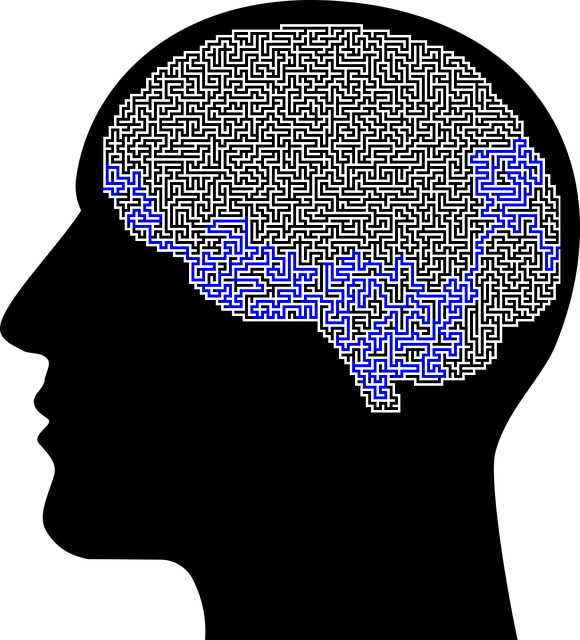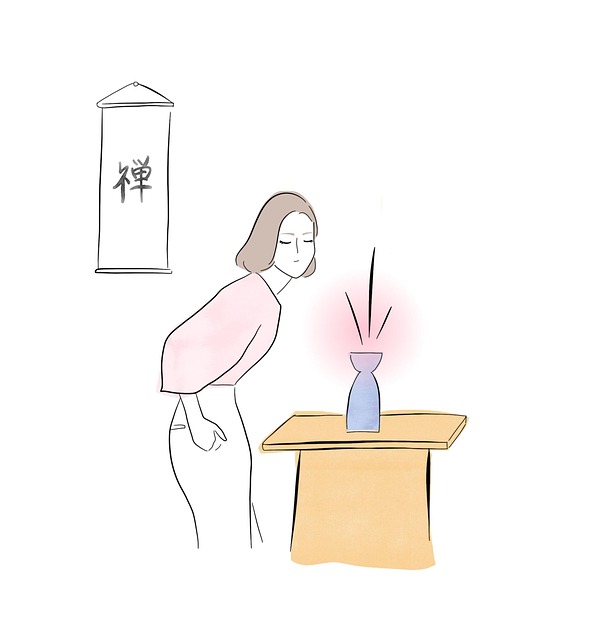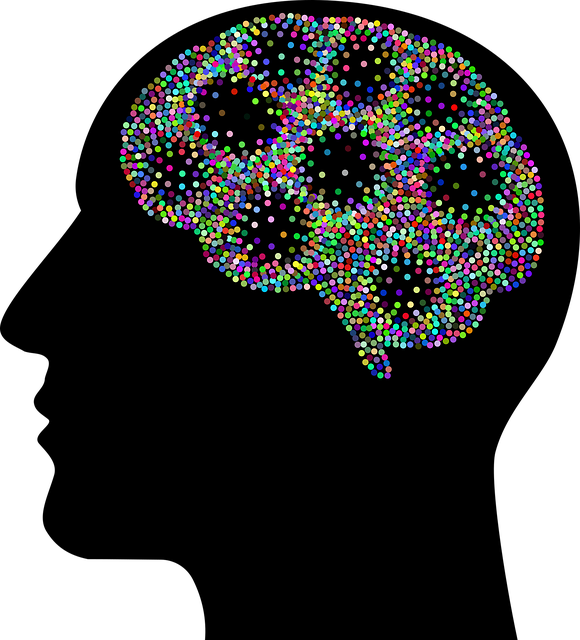Littleton Cancer Issues Therapy (LCIT) prioritizes cultural competency training to deliver holistic, inclusive care for a diverse patient population. Through interactive workshops, case studies, and peer discussions, LCIT equips healthcare providers with the skills to navigate different cultural landscapes sensitively. This approach ensures personalized care tailored to individual needs, addressing physical and emotional aspects, leading to improved patient satisfaction and outcomes. LCIT's commitment to continuous improvement and cultural sensitivity enhances its cancer support services and strengthens therapeutic relationships.
Healthcare provider cultural competency training is a vital component of quality patient care, especially at specialized centers like Littleton Cancer Issues Therapy. This article explores the importance of understanding cultural competence in healthcare and its direct impact on patient outcomes. We delve into the challenges posed by cultural biases and stereotypes, propose effective training program designs, discuss implementation and evaluation strategies, and emphasize continuous improvement to meet changing demographics. By focusing on these key areas, Littleton Cancer Issues Therapy can enhance its cultural competency, ultimately improving patient care and satisfaction.
- Understanding Cultural Competency in Healthcare: A Necessary Overview for Littleton Cancer Issues Therapy
- The Impact of Cultural Biases and Stereotypes on Patient Care at Littleton Cancer Issues Therapy
- Designing Effective Training Programs to Enhance Cultural Competency at Littleton Cancer Issues Therapy
- Implementing and Evaluating Cultural Competent Practices at Littleton Cancer Issues Therapy
- Continuous Improvement: Keeping Up with Changing Demographics in Healthcare for Littleton Cancer Issues Therapy
Understanding Cultural Competency in Healthcare: A Necessary Overview for Littleton Cancer Issues Therapy

Cultural competency is a crucial aspect of healthcare that involves understanding and appreciating the diverse cultural backgrounds and beliefs of patients. For Littleton Cancer Issues Therapy (LCIT), this concept is especially vital, as it ensures that every patient receives care tailored to their unique needs and preferences. In today’s diverse society, healthcare providers must be equipped to navigate complex cultural landscapes, ensuring effective communication and sensitive treatment for all individuals.
LCIT’s commitment to cultural competency training equips its staff with the knowledge and skills to deliver holistic care. This includes recognizing and respecting cultural differences in communication styles, medical decision-making, and pain management preferences. By integrating positive thinking, mental health education programs design, and stress management techniques that cater to diverse populations, LCIT fosters an environment where every patient feels heard, understood, and empowered to participate actively in their treatment journey.
The Impact of Cultural Biases and Stereotypes on Patient Care at Littleton Cancer Issues Therapy

At Littleton Cancer Issues Therapy (LCIT), addressing cultural biases and stereotypes is paramount to ensuring equitable patient care. Healthcare providers, despite their best intentions, often carry unconscious preconceptions that can significantly impact their interactions with diverse patients. These biases may manifest as stereotyping based on race, ethnicity, gender, or other cultural identifiers. For instance, a provider might assume a patient from a certain background will have specific preferences regarding treatment or communication styles, leading to misaligned care plans and potential mistrust.
Such biases can heighten anxiety and create barriers to open communication, particularly in mental health settings where self-awareness exercises are crucial for risk management planning. LCIT recognizes these challenges and prioritizes training that fosters cultural competency among its staff. By promoting understanding of diverse perspectives and encouraging empathetic interactions, the therapy center aims to provide personalized care tailored to each patient’s unique needs, ultimately enhancing anxiety relief and improving overall treatment outcomes.
Designing Effective Training Programs to Enhance Cultural Competency at Littleton Cancer Issues Therapy

At Littleton Cancer Issues Therapy (LCIT), designing effective training programs for cultural competency is paramount to ensuring quality care. These initiatives focus on fostering an environment where healthcare providers can learn to navigate diverse patient backgrounds, understand cultural beliefs and practices, and offer sensitive support tailored to individual needs. By integrating interactive workshops, case studies, and peer discussions, LCIT’s training programs equip staff with the tools needed to address cultural barriers and provide inclusive care.
The programs emphasize practical application, encouraging providers to engage in mental wellness journaling exercises and confidence-boosting activities. This hands-on approach ensures that healthcare professionals are not only theoretically informed but also skilled in delivering Anxiety Relief strategies that resonate across different cultural contexts. Ultimately, these efforts contribute to enhanced patient satisfaction and outcomes at LCIT, reflecting a commitment to holistic care that respects and values every individual’s unique cultural tapestry.
Implementing and Evaluating Cultural Competent Practices at Littleton Cancer Issues Therapy

At Littleton Cancer Issues Therapy (LCIT), implementing cultural competency training has been a game-changer in patient care. The therapy center recognized that providing effective crisis intervention guidance requires an understanding of diverse cultural backgrounds and beliefs. By incorporating this training, LCIT ensures their staff is equipped to deliver tailored support, addressing not just the physical aspects of cancer treatment but also the emotional and spiritual needs of patients from various ethnic, racial, and cultural groups.
Evaluating the impact of these practices has led to significant improvements in patient satisfaction and outcomes. The center conducts regular surveys and feedback sessions, utilizing Crisis Intervention Guidance and Burnout Prevention strategies to mitigate staff stress and promote well-being. This holistic approach not only enhances the quality of care but also fosters a supportive environment where patients feel heard and respected, ultimately contributing to their overall recovery journey.
Continuous Improvement: Keeping Up with Changing Demographics in Healthcare for Littleton Cancer Issues Therapy

As healthcare landscapes evolve to reflect increasingly diverse communities, continuous improvement is paramount, especially for specialized services like Littleton Cancer Issues Therapy. Staying current with demographic shifts ensures that care remains culturally sensitive and accessible to all patients. This involves regularly reviewing and updating practices at Littleton Cancer Issues Therapy to accommodate evolving cultural norms and self-care practices.
Integrating emotional intelligence and cultural sensitivity in mental healthcare practice is crucial. By fostering a culture of continuous learning, healthcare providers at Littleton Cancer Issues Therapy can better navigate complex interpersonal dynamics and address the unique emotional needs of patients from various backgrounds. This commitment to improvement not only enhances patient outcomes but also strengthens the therapeutic relationship, ultimately contributing to more effective cancer support and care.
Cultural competency training is a game-changer for healthcare providers, especially at institutions like Littleton Cancer Issues Therapy. By addressing biases and stereotypes and implementing effective training programs, the organization can significantly enhance patient care and satisfaction among diverse demographics. Continuous improvement and staying adaptable to changing healthcare landscapes are key to ensuring equitable treatment for all patients, reflecting the dynamic nature of our multifaceted society.

